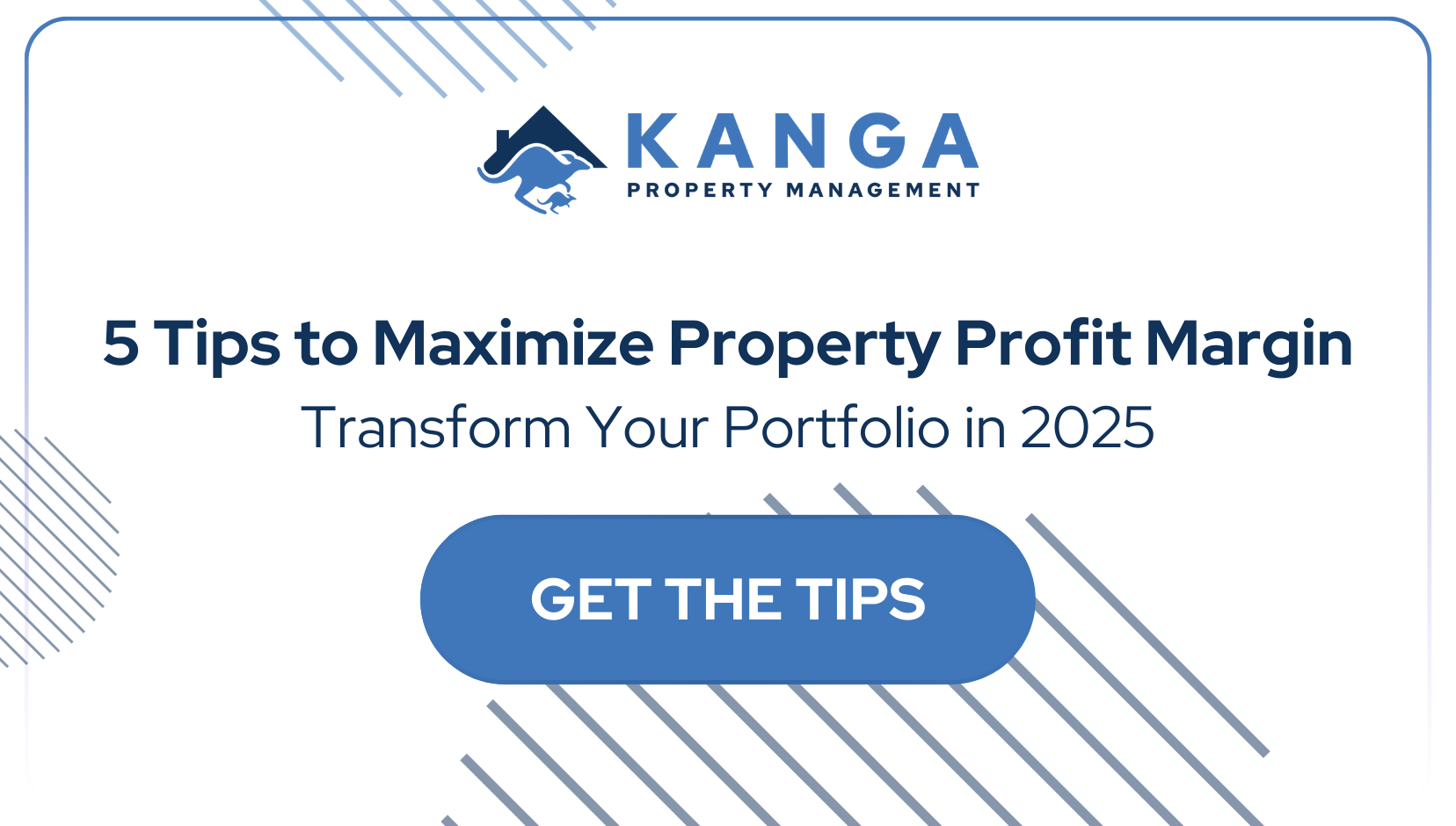
The Top 5 Mistakes That Landlords Make In South Florida
It’s no exaggeration to say that property rentals in South Florida can quickly become a highly lucrative investment that capitalizes on strong income and building equity. They can operate as either a secondary income or as a full-time business encompassing multiple properties. However, whether it be a single landlord or a large investor, both make costly mistakes that can even result in legal predicaments.
Here, we’ll explore the top 5 mistakes made by landlords that a property management company in South Florida could help you avoid.
1. Not Taking the Time to Qualify Tenants
Properly screening tenants is a step almost as important as purchasing a property in the first place, and yet is a step that is often overlooked or rushed. Tenant screening should consist of a series of questions to be answered by an applicant that touches on subjects such as rental, employment, and credit history. By completing this crucial process, you can avoid issues like missed payments and property damage that often result in lawsuits and lengthy resolution processes.
2. Being Lax on Documentation After Screening
While getting the right documentation for screening purposes is a must when it comes to finding the right tenants for your property, the documentation shouldn’t stop there. It is important to add tenant information like credit check reports, reference comments, and their bank and employer information to the file.
Once this is done, the rental contract must be iron-clad and include things like: terms of payment, rules on pets and unit modification, as well as, the deposit conditions, late fees, and security deposit/parking information.
3. Neglecting Maintenance Expenditures & Routine Inspections
Your Florida rental property requires routine maintenance and inspections in order to keep the building from falling apart. If these are neglected, not only are you going to end up with unhappy tenants that leave bad reviews and move out, but you’ll end up with expensive structural problems that end up being a nightmare to deal with. That small water leak in the ceiling? A burst pipe and flooding if ignored. That mold in the corner? Sick tenants that report your building to health and safety.
Monitoring and completing maintenance expenditures is critical to keeping your rental property lucrative.
4. Not Treating Your Rental Property as a Business
Beyond the fact that you are putting down a large sum of capital to purchase your rental property, the expense to maintain and manage can add up quickly if it’s not taken as a serious business. Most landlords are unable to wear all the different hats needed to keep costs down; so if you end up juggling rent collector, groundskeeper, handyman, insurance broker, and tax accountant all in one, things may end up getting missed and costing you greatly in the long run.
5. Thinking You Can Go At It Alone
One of the easiest, and one of the most costly, mistakes you can make as a landlord is thinking that you can manage your property alone. Between routine maintenance and upkeep, collecting rent, pre-screening new tenants, dealing with problem tenants and evictions, responding to routine requests, and providing inspections, there’s a lot you need to do as a landlord.
If you do not live nearby or are not an expert with years of experience in managing these types of buildings, you may find that property management can become overwhelming very quickly. A property management company isn’t too expensive, and the value that they bring is immense, as they are able to recognize, mitigate, and prevent potential problems before they occur, while handling the daily rental operations.
At Kanga Property Management, we are committed to helping property owners avoid all the mistakes mentioned in this article. We can take over all the responsibility of being a landlord so you can focus on other things. Call us at (877) 589-3591or contact us today to start making the most out of your real estate property.


